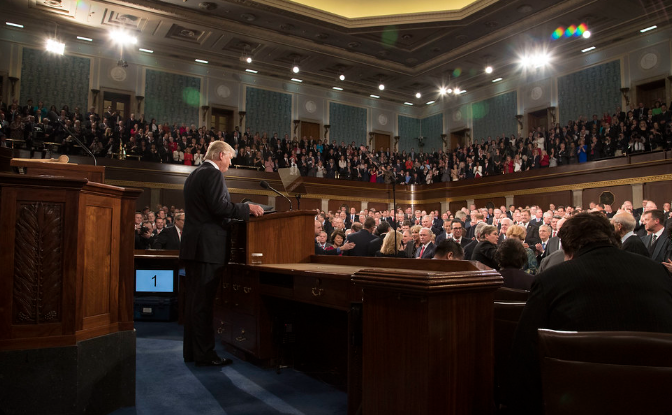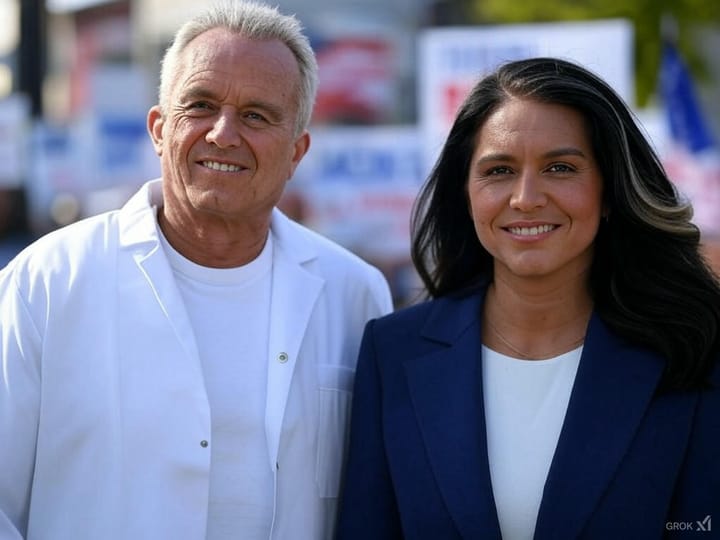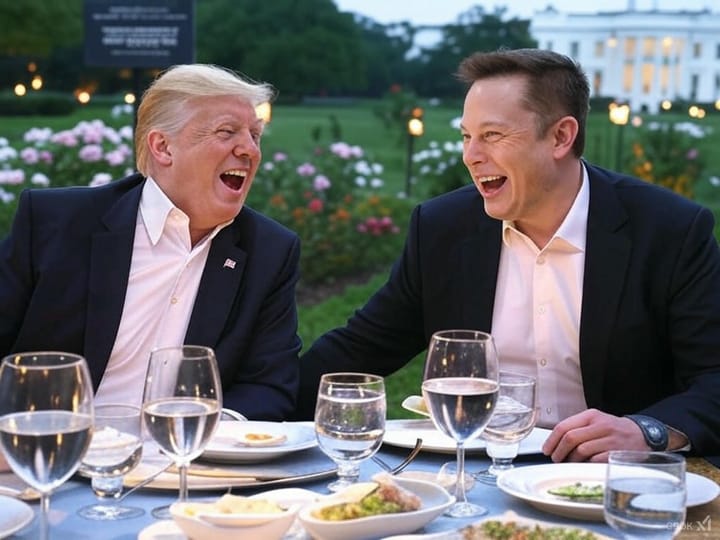Trump’s Debate Loss: A 3-on-1 Attack and Kamala’s Unchallenged Lies
Trump faced an unfair 3-on-1 debate, with Kamala’s claims left unchecked. Despite his missteps, his message on economy and policy rang true.

In a highly anticipated debate between former President Donald Trump and Vice President Kamala Harris, the conversation was marred by a combination of personal attacks, policy misrepresentations, and noticeable inconsistencies in the moderation by ABC News. While Trump’s presence and message resonated with many of his supporters, his performance was hindered by both his own lapses and what appeared to be a lopsided approach to fact-checking. Despite this, Trump delivered strong points on the economy and foreign policy, though he struggled to maintain focus amid frequent interruptions and rebuttals.
A Lopsided Moderation
The format of the debate, hosted by David Muir and Linsey Davis, included what many observers noted as an imbalance in the scrutiny applied to each candidate. Throughout the 90-minute debate, Trump was fact-checked regularly by the moderators, particularly on issues such as tariffs, the economy, and the January 6th Capitol riot. Meanwhile, Kamala Harris’s statements on key issues, including her characterization of Project 2025 and the administration's economic record, went largely unchallenged.
For example, when Harris suggested that Trump was closely tied to Project 2025—a policy initiative often described as a blueprint for conservative governance—Trump was quick to distance himself. "I have nothing to do with Project 2025. That’s out there. I haven’t read it. I don’t want to read it," Trump stated. Despite his clear disavowal, Harris continued her line of attack without being pressed on the accuracy of her claim.
On the issue of January 6th, Harris accused Trump of inciting the violent mob that stormed the Capitol, stating, "On that day, the president of the United States incited a violent mob to attack our nation's Capital." Trump, who was acquitted by the Senate on these charges, responded by pointing to failures in security preparations by then-House Speaker Nancy Pelosi and D.C. officials, stating, "I wasn’t responsible for security. Nancy Pelosi was responsible." Despite this counterargument, the moderators moved on without exploring this claim further, while Trump’s remarks were repeatedly fact-checked in real time.
Harris’s Policy Gaps
One of the most glaring issues in the debate was Harris’s unwillingness to fully engage with some of the criticisms leveled against her and the current administration. Trump repeatedly highlighted what he described as the failures of "Bidenomics" and pointed out that the administration has yet to deliver on many of its promises to the American middle class. "Why hasn’t she done it? She’s been there for 3 1/2 years. They’ve had 3 1/2 years to fix the border. They’ve had 3 1/2 years to create jobs and all the things we talked about. Why hasn’t she done it?" Trump asked, effectively summarizing a core frustration among many voters.
Harris, in turn, spoke of her "opportunity economy," which she claims would benefit working-class families and small businesses. However, she failed to offer specific rebuttals to Trump’s repeated inquiries about the administration’s lack of action on these issues. Instead, she pivoted to discussing future tax credits and investments without addressing the economic challenges of the past three and a half years, particularly the inflationary pressures that have hit American households.
On Afghanistan, Harris sidestepped responsibility for the chaotic withdrawal in 2021, during which 13 American service members were killed. Trump challenged her on this point, stating, “She won’t take responsibility for the Afghanistan exit and the 13 troops that were killed.” Harris did not directly address Trump’s criticism, instead emphasizing that the administration had ended a 20-year war.
Trump’s Strengths and Weaknesses
While Trump faced significant pushback, he was at his strongest when discussing his track record on the economy and foreign policy. His message on the economy was clear: under his administration, the U.S. experienced record-low unemployment, strong economic growth, and favorable trade agreements. "We created one of the greatest economies in the history of our country. I’ll do it again and even better," Trump said, highlighting the contrast between his presidency and the current state of the economy.
His points on foreign policy also landed well, particularly his criticism of the current administration's handling of global conflicts. Trump asserted that under Biden and Harris, the U.S. has become involved in multiple foreign wars, a marked contrast to his own tenure, during which, he claims, "no new wars" were initiated.
However, Trump’s performance wasn’t without flaws. His frequent interruptions, particularly during Harris’s responses, allowed her to present herself as the more composed candidate, even when her statements lacked substance. Additionally, his tendency to be drawn into personal spats with Harris detracted from his overall message. His vocabulary, at times unscripted and reactive, played into Harris’s strategy of baiting him with small jabs, such as when she challenged his economic proposals or misrepresented his record on social issues.
A Strong Finish for Trump
In the closing moments of the debate, Trump delivered one of his most effective statements of the night. He emphasized the perceived failures of the Biden-Harris administration, underscoring his belief that America is in decline under their leadership. "We’re a failing nation. We’re a nation that’s in serious decline. We’re being laughed at all over the world," Trump said, delivering a forceful message about the importance of restoring American strength and dignity on the global stage.
Trump’s closing question to Harris—"Why didn’t she do it?"—echoed throughout the debate and left a lingering question for voters. While Harris spoke optimistically about her plans for the future, Trump’s challenge centered on the tangible results—or lack thereof—of the current administration’s policies.
An Unfair Fight, But a Message That Resonates
Ultimately, this debate was far from a fair fight. The uneven moderation, coupled with Harris’s ability to evade tough questions, placed Trump at a disadvantage. His performance was not without its missteps, particularly in terms of maintaining focus and avoiding unnecessary tangents. Yet despite these hurdles, Trump’s core message resonated: the current administration has not delivered on its promises, and under his leadership, America was stronger, more prosperous, and more respected on the world stage.
The debate may not have ended in Trump’s favor, but it did highlight the stark differences between the two candidates. Trump, despite being outnumbered, managed to present a clear vision for the future, grounded in his past achievements. Harris, meanwhile, struggled to defend the administration’s record, relying instead on vague promises and deflections.
As the election approaches, voters will have to decide whether they want more of the same or if they are ready to return to the policies that Trump argues made America great once again.





Comments ()